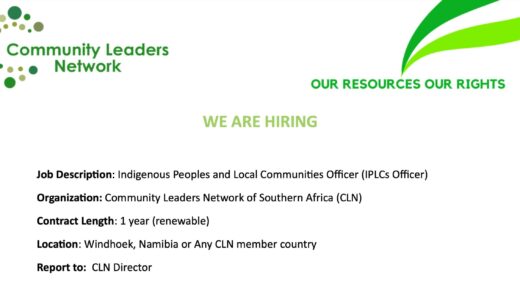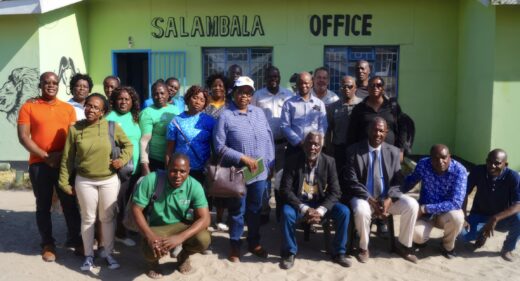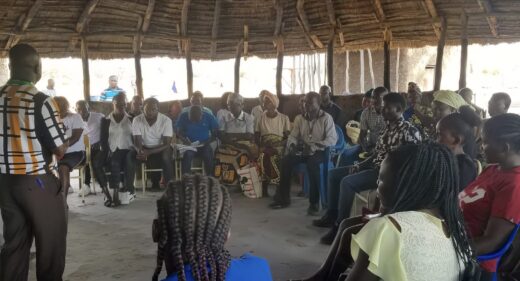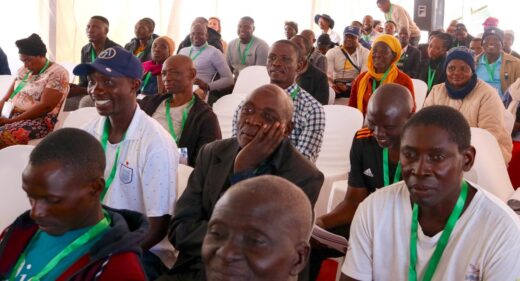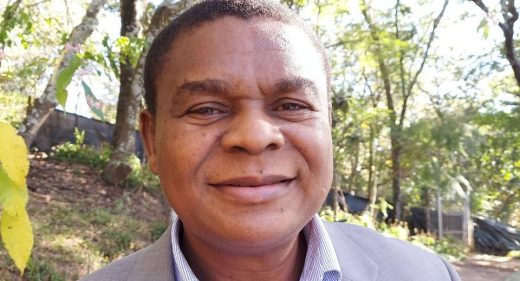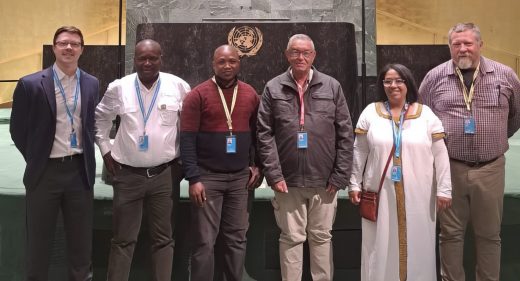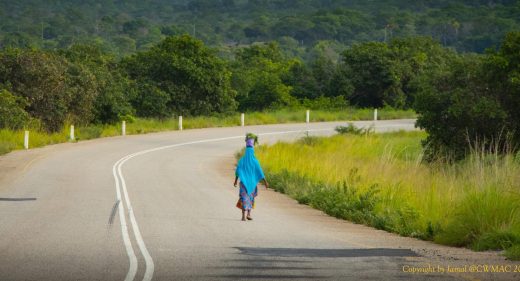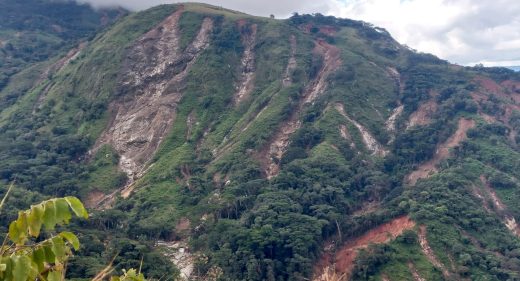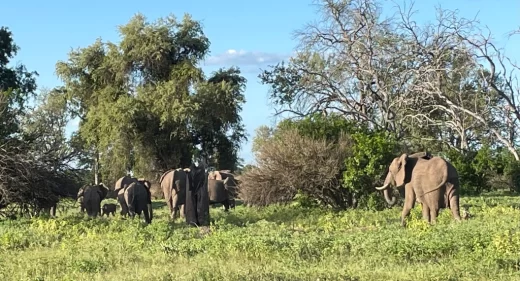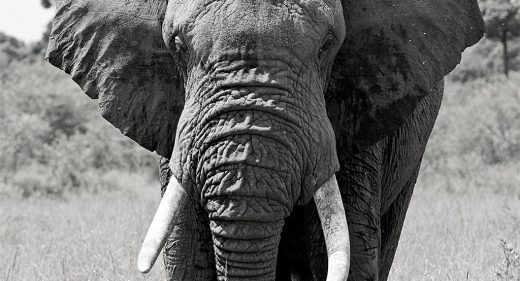Thank you for your interest, but the deadline for this position has now passed.
Zimbabwe’s Communal Areas Management Programme for Indigenous Resources (CAMPFIRE) was created in the 1980’s as an important conservation and rural development tool, particularly for the country’s wildlife-rich areas and semi-arid regions, which have very low agricultural potential.
Luengue-Luiana National Park in Angola is part of the Kavango-Zambezi Trans-frontier Conservation Area (KAZA TFCA) that covers parts of five African countries (Angola, Botswana, Namibia, Zambia and Zimbabwe). This Park covers 22,610 km², and is patrolled by government rangers and 27 community game guards trained by ACADIR-Angola. This national park is not exclusively for animals, however, as 49,300 people currently live within its boundaries. In line with the other KAZA TFCA countries, Angola wants to develop a wildlife economy that will support people and wildlife living in this landscape.
Community conservation efforts in Southern Africa started in the 1980s and have since taken slightly different paths towards including rural communities in the wildlife economy and nature conservation. Over the years there have been some exchange visits and other events to increase communication among the community conservation stakeholders in these countries, but such opportunities remain rare.
It is with heavy hearts and deep sorrow that we note the passing of CLN Vice Chairperson Comrade Charles Jonga.
Charles was an icon, a legend and exemplary leader for community conservation. Comrade Jonga was not just a pillar for CAMPFIRE in Zimbabwe but an inspiration to young conservation leaders across Southern Africa.
As the Chairperson of Community Leaders Network of Southern Africa, I participated in the recent 22nd Session of the United Nations Permanent Forum on Indigenous Issues (UNPFII) held in New York, USA. It was a real eye opener for me, as I started to appreciate the challenges, abuse and human rights infringements that over 6.7 million indigenous peoples around the world have had to endure.
Community Wildlife Management Areas (WMAs) in Tanzania are lands designated for wildlife conservation and managed by rural communities. Every five years, the villages associated with particular WMAs elect leaders to run their Community-Based Organisation (CBO) that is recognised by government as an Authorised Association mandated to manage their WMAs. Well-managed WMAs should achieve the twin goals of wildlife conservation and generating socio-economic benefits for community members.
From 11th to 14th March 2023, Cyclone Freddy hit Malawi with a vengeance, sweeping away entire villages and leaving 676 dead and 537 missing. Over 659,278 people have been displaced due to the flooding while over 1.1 million people are in urgent need of humanitarian assistance.
The Cost of Living with Wildlife
As narrated by Mr. Liberty Chauka – Zimbabwe
One day as we were walking in the forest, a raucous high-pitched sound of hadida ibises disturbed the feeding pride of lions as we were approaching close by. This was followed by the grumbling of lions that were feeding on our cattle. Fortunately, we were a group of young boys and two men, and we managed to chase them and recovered the livestock carcass.
This article was published in Africa Geographic on October 27, 2022 and authored by Gail Thomson. We publish the article in full here:

